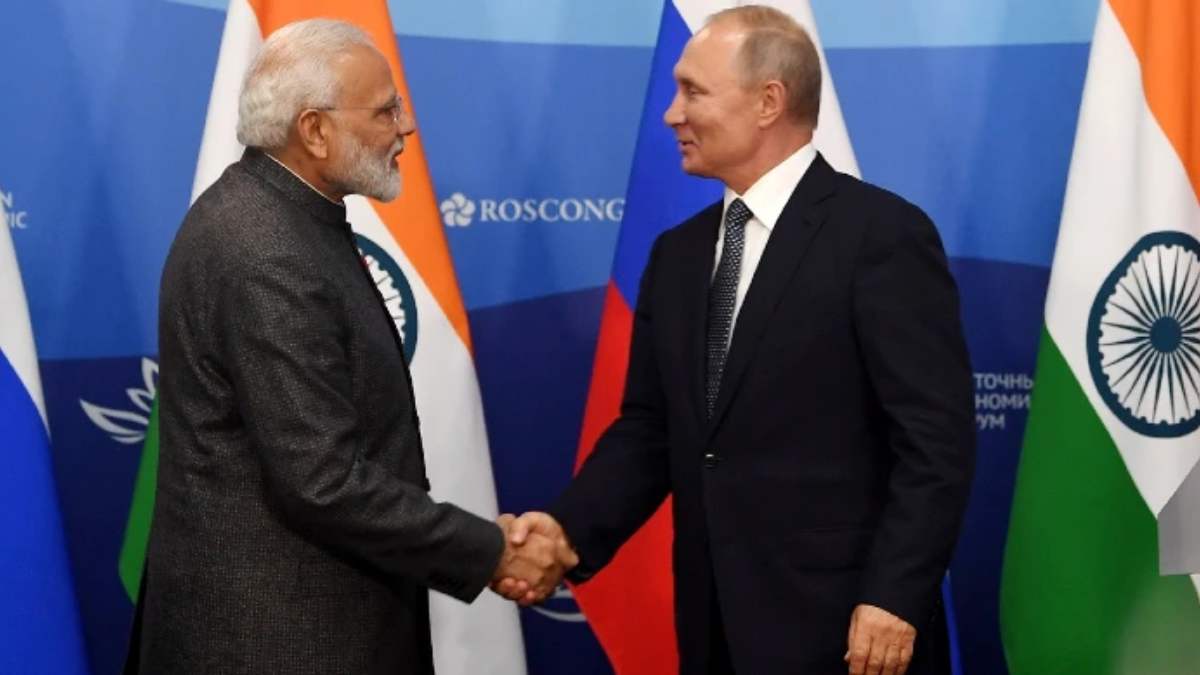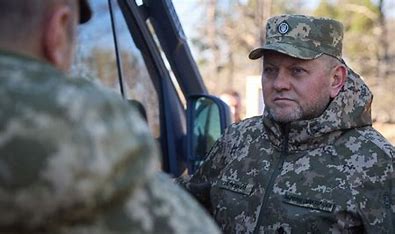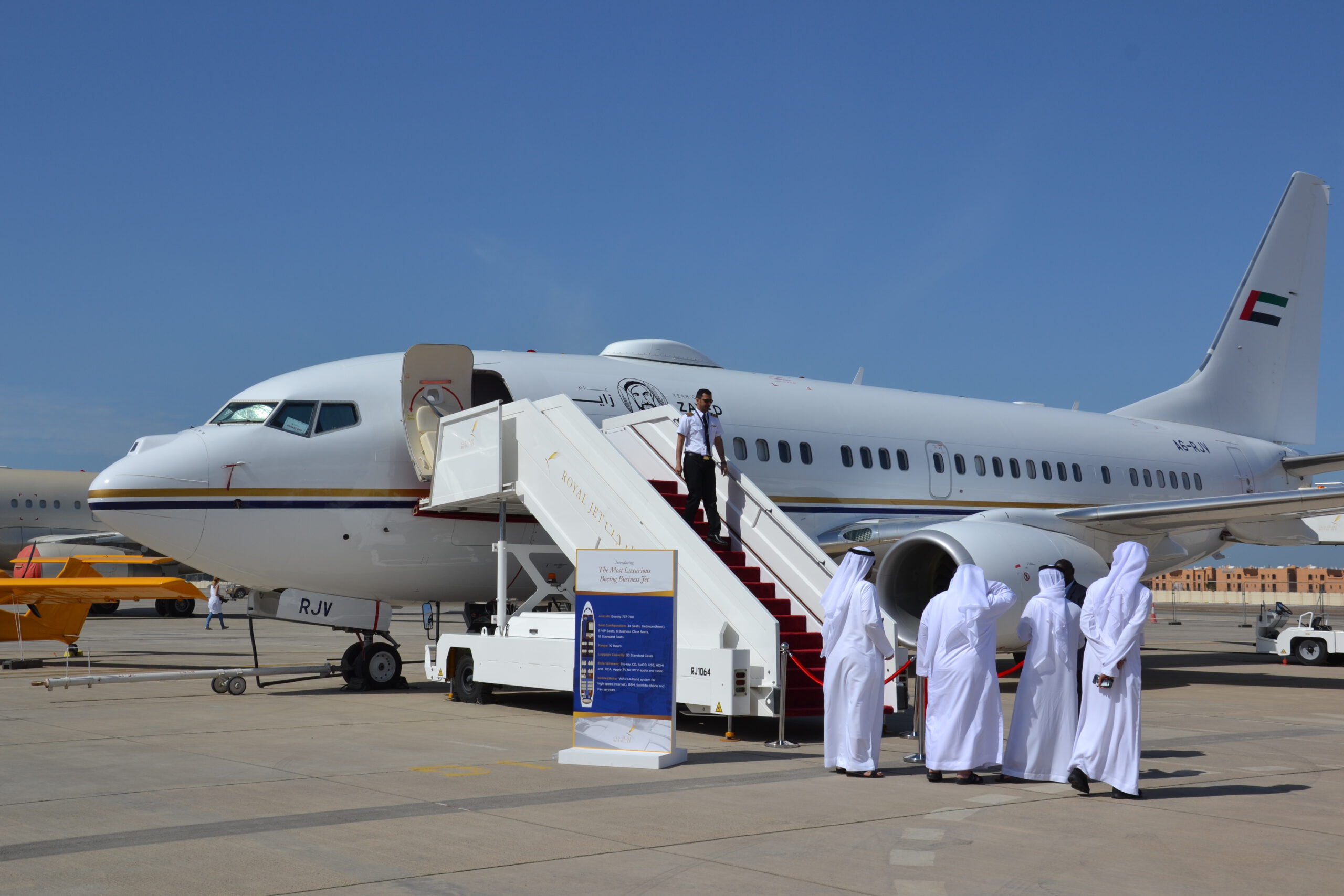
External Affairs Minister S. Jaishankar and Russian Foreign Minister Sergey Lavrov in a wide-ranging talk set China and Pakistan as one of the key agendas for the annual India-Russia summit, claim sources. Both the foreign ministers discussed the issues of bilateral importance including China’s aggressive behaviour as well as terror policy of Pakistan as well as its “duplicity” in Afghanistan, sources add.
According to sources, during his meeting with Lavrov, Jaishankar shared India’s perspective and views on Pakistan’s “deceitful” role in Afghanistan. He categorically told his Russian counterpart that Pakistan’s role in what is being seen as a mission to restore normalcy in Afghanistan needs to be watched closely, given the fact that there is ample evidence to suggest that Islamabad’s state actors have been found backing the Haqqani network of Taliban. There is no denying that the Haqqani faction of the Taliban has been behind several attacks in Kabul and elsewhere in Afghanistan. Even Indian establishments in Kabul were under attack from terrorists of this Taliban’s group, with Pakistan’s ISI backing.
India sharing these views on Pakistan’s dubious role in Afghan peace mission assumes importance in the light of the fact that Lavrov is also going to discuss the issue of Afghanistan with his Pakistani counterpart Shah Mahmood Qureshi as well. The Indian diplomatic leadership believes that Lavrov should be given solid and sufficient evidence-based inputs on Pakistan’s hobnobbing with terrorist elements in Afghanistan before the Russian foreign minister holds talks with Shah Mahmood Qureshi.
Pointing out that he shared, with Russian Foreign Minister Lavrov, India’s approach on Afghanistan, Jaishankar said that for India, what happens in Afghanistan, impacts its security directly.
“I shared our approach that a durable peace there (Afghanistan) would require harmonising interests of all, both within and around that country,” he said. Jaishankar said a political solution should mean an independent, sovereign, united and democratic Afghanistan.
In what augurs well for India’s diplomatic mission to garner world’s support against China’s expansionist behaviour, which the global community saw in Ladakh most recently, Lavrov in no uncertain terms ruled out any military ties between Moscow and Beijing. MEA insiders told The Sunday Guardian that Lavrov agreed that Chinese PLA’s aggression will be one of the top agendas during the meeting between Prime Minister Narendra Modi and Vladimir Putin.
Addressing a joint press event after his talks with Jaishankar, Lavrov dismissed suggestions of any future military alliance between Russia and China. “By the way, we have heard speculation about pro-military alliances not only with respect to Russia and China relations, we have also heard about such alliances allegedly being promoted such as Middle East-NATO, Asia-NATO. Today we exchanged views on this and our Indian friends have the same position as we. We believe that this is counter-productive,” he said.
“I shared our viewpoint on the Indo-Pacific. As our prime minister pointed out at the Shangri-La Dialogue some years ago, contemporary challenges require countries to work together in new and different ways,” he said. Such cooperation also reflects the multi-polar and re-balanced character of global politics, Jaishankar said.
Defence cooperation as well as weapons manufacturing was also discussed during the talks, he said. At the joint presser after the talks, Jaishankar said the discussions were warm, comprehensive and productive. “We talked about long-standing partnership in the nuclear, space and defence sectors,” Jaishankar said.
Delhi and Moscow have decided to strengthen ties on the military front, said Lavrov. Lavrov said that he along with EAM Jaishankar “didn’t discuss” statements from the United States. “Instead, we confirmed that we are going to deepen our military cooperation,” he added.
It is worth mentioning that during his first visit to India, US Secretary of Defence Lloyd Austin reportedly raised the issue of the purchase of S-400 air defence systems from Russia. Austin indicated that the purchase of S-400s will run the risk of sanctions similar to those imposed on Turkey. However, India has affirmed its right to choose its defence supplies. The nation has also said that it needs long-range surface-to-air missiles to counter the threat from China.















